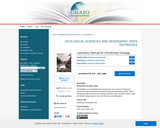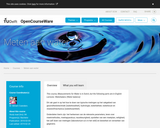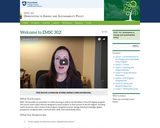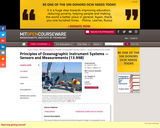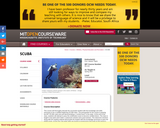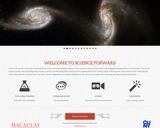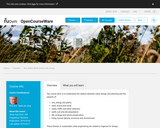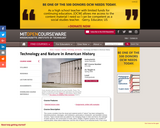The course aims is to understand the relation between urban design and planning and the aspects of: - sun, energy and plants - wind, sound and noise - water, traffic and other networks - earth, soil and site preparation - life, ecology and nature preservation - living, human density, economy and environment These themes in sustainable urban engineering are related to legends for design, described in a wide variety of lecture papers (720 pages, 1000 figures, 200 references, 5000 key words, 400 questions), accompanied by interactive Excel computer programmes to get quantitative insight. The assignment is an evaluation of an own earlier and future design work integrating sun, plantation, wind, noise, water, traffic, earth, land preparation, cables and pipes, life, natural differentiation, living, density, environment and proposing new legends for design. Study Goals The student: - is able to link urban interventions to urban development technology and within that interrelate urban designers to relevant technical specialists - is able to integrating sun, plantation, wind, noise, water, traffic, earth, land preparation, cables and pipes, life, natural differentiation, living, density, environment - is able to develop new legends for design from the perspective of sustainable urban engineering
